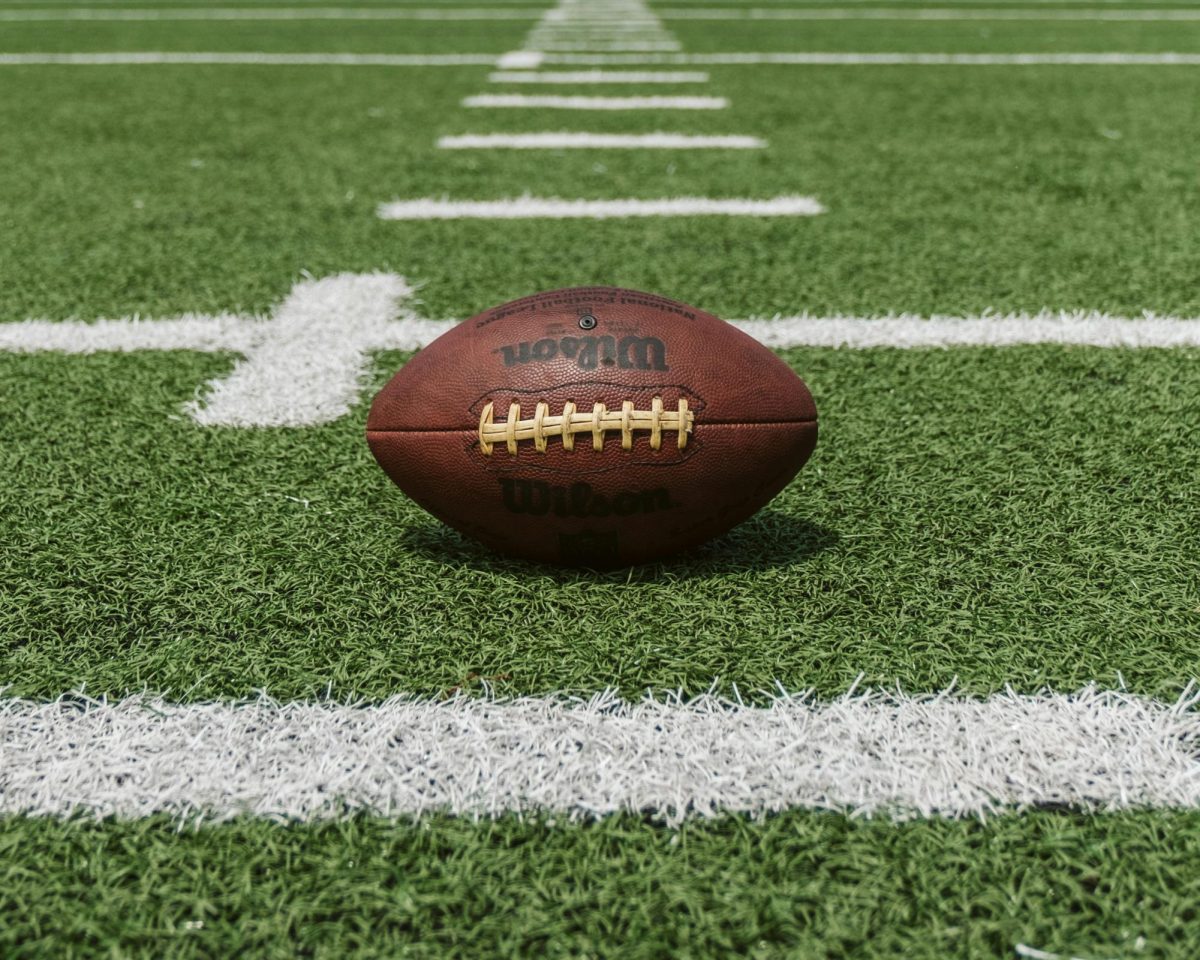
Unsplash/Dave Adamson
When I first heard that Falcons defensive coordinator and University of Hawai‘i linebacker legend Jeff Ulbrich’s son prank-called Shedeur Sanders during the NFL Draft, I honestly thought it was a bad joke. Not a funny one. Not the kind you laugh off. It was a tasteless, damaging prank that should’ve never happened.
Jax Ulbrich, Jeff’s 21-year-old son, somehow grabbed his dad’s unlocked iPad. It included private contact info for draft prospects, including Shedeur Sanders. Jax pretended to be Saints GM Mickey Loomis, called Shedeur, and told him the Saints were about to draft him.
Let me be clear, this wasn’t harmless locker room humor. This was an adult man, the son of an NFL coach, exploiting access to confidential information on one of the most stressful nights of a young athlete’s life.
Shedeur was waiting for his biggest call of his career. Instead, he got a prank and possible emotional damage.
And while Jeff Ulbrich wasn’t the one who made the call, he didn’t lock down his device or safeguard the sensitive data he was trusted with. The NFL fined the Falcons $250,000 and fined Ulbrich personally $100,000. Some people online, and even a few of my colleagues, thought that was harsh.
I don’t. I don’t think it was harsh enough.
This wasn’t just “boys being boys.” This was a professional breach that impacted a player’s mental state on draft night and could’ve caused serious career consequences.
Shedeur Sanders slipped to the fifth round. While nobody can say for sure that the prank contributed to his draft slide, the distraction certainly didn’t help.
The NFL did the right thing. This wasn’t just about punishing stupidity. It was about sending a message: you can’t violate a player’s privacy and expect a slap on the wrist.
I give credit where it’s due. Jeff Ulbrich apologized publicly. He didn’t duck the blame. He called his son’s actions “absolutely inexcusable” and owned up to his own failure to secure the information. That’s accountability, a rare thing these days.
Shedeur, for his part, took the high road. He called the prank “childish” but didn’t let it define his draft story. I respect that. Still, it’s not his job to brush this off. It’s the league’s job to make sure it doesn’t happen again.
This wasn’t just an isolated prank. Other reports have surfaced saying that other draft prospects like Ashton Jeanty, Mason Graham, and Abdul Carter also got prank calls on draft night. When did the most important moment in a young player’s life become open season for pranks?
This isn’t just about Shedeur. It’s about creating a culture where young athletes are respected, not targeted for cheap laughs.
I’ve heard the argument: “Let coaches talk. Don’t over-police harmless fun.” Sure, there’s room for banter and competitive trash talk in sports. But this wasn’t Jeff Ulbrich talking smack about an opponent’s scheme. This was his son using privileged access to mess with a player’s career moment. That’s not banter. That’s straight sabotage.
If anything, the Falcons got off too lightly. Imagine if this had happened in a suit-and-tie corporate setting, like a high-power law firm. Someone leaks a job candidate’s private info and pranks them during a high-stakes interview. Lawsuits would be flying.
I appreciate that Jeff and Jax Ulbrich are reportedly participating in community service initiatives now. That’s a step in the right direction. But let’s be honest, it’s a reactive step. The real issue is tightening data security across all NFL teams. Devices should be locked down. Access should be limited. And family members? They should never, ever have the opportunity to interfere with league operations.
To the fans who think the NFL overreacted: imagine your own draft night being hijacked. You’ve worked your whole life for this. And in the moment that’s supposed to launch your career, someone pulls the rug out from under you for a laugh. That’s what happened to Shedeur Sanders. Plus, he was already dealing with being touted as potentially the second pick of the entire draft and wasn’t even picked by the end of the second day.
The fine was justified. The accountability was necessary. And the league’s message was crystal clear: professionalism isn’t optional. Privacy isn’t optional. Respect isn’t optional.
If we want the NFL to keep evolving, to protect players mentally, emotionally, and physically, this is exactly the kind of stance the league needs to take.
For Shedeur Sanders, I hope this becomes nothing more than a footnote in what I expect will be a standout NFL career. But for the Falcons and any other team watching? This better be a wake-up call.
Because next time, it might not just be a prank. It might be something that really ruins a player’s future.